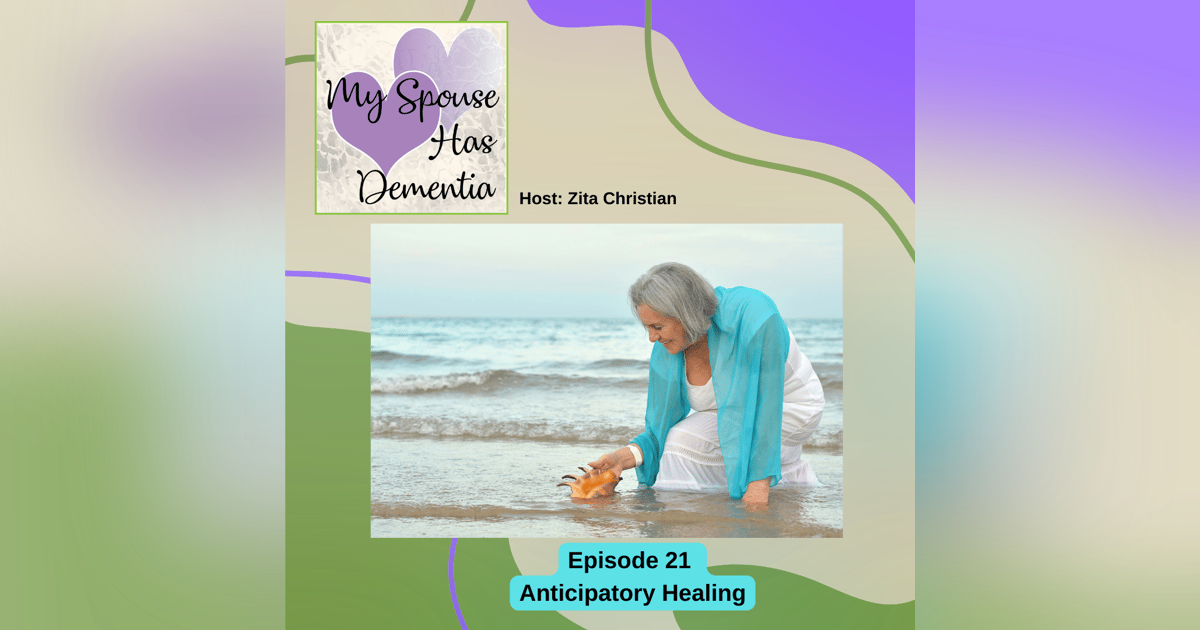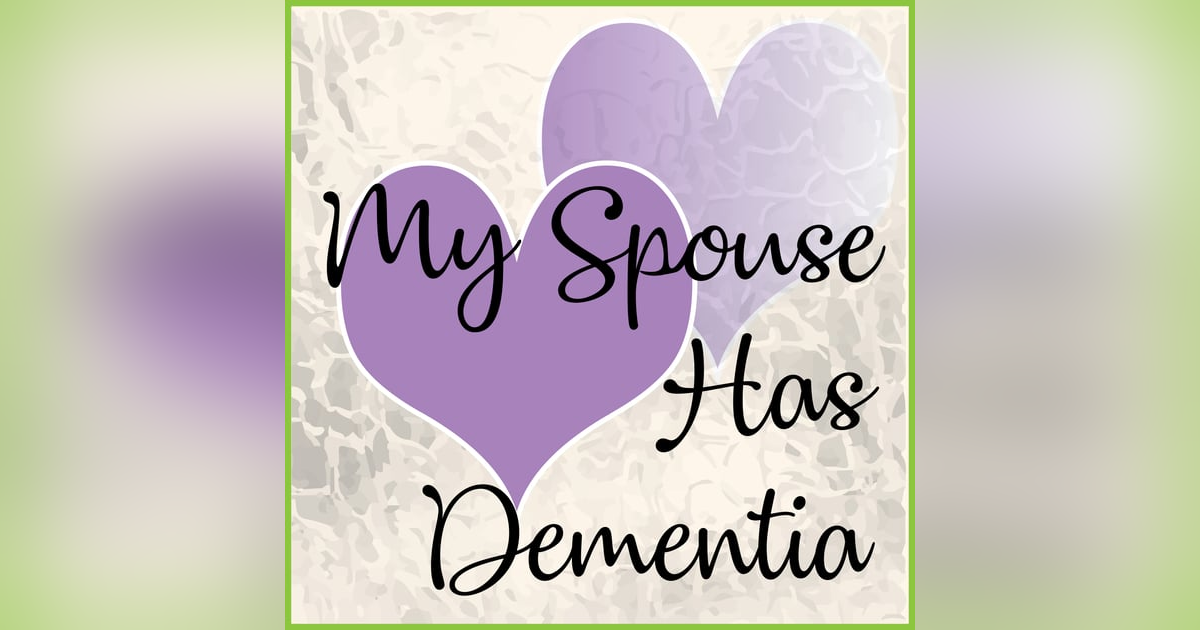Anticipatory Healing - What Family Dementia Caregivers Need to Know to Survive

You've probably heard of anticipatory grief. Unbidden, hidden, and immediate, it comes with the diagnosis that your loved one has Alzheimer's. Depending on when the diagnosis was delivered, it can be several years or more before your loved one dies....
You've probably heard of anticipatory grief. Unbidden, hidden, and immediate, it comes with the diagnosis that your loved one has Alzheimer's. Depending on when the diagnosis was delivered, it can be several years or more before your loved one dies.
Something in addition to anticipatory grief can also happen along the way, especially in those devastating late years of the disease. I call it Anticipatory Healing. It's connected to grief.
My husband had Alzheimer's. I'm publishing this episode on the second anniversary of his death. In these last two years, I've come to see my grief in three stages:
- React: This is the six-month, zombie-like period right after my husband died. I didn't have the mental energy to handle anything more than what was absolutely necessary -- the funeral, Social Security, insurance, probate, and more. I saw the fool's errand in all that wishful thinking I had indulged in when my husband was first diagnosed. I felt a new kind of empty.
- Realize: Over the next year, the truth of my new reality settled on my shoulders. I had already absorbed all of the routine tasks my husband used to handle. That happened several years earlier. Now there was a finality to those tasks. I learned to carry grief without it closing my throat or stinging my eyes. I needed to think about my future...because now I realized I had a future.
- Reflect: I'm here now. Looking back, I can see how countless little visions of the future shaped the belief that I would survive. Those visions were not obvious! Some were born from frustration. Others from determination. Others from imagination. Hidden in those visions and experiences, I discovered inner strength. I learned to set wise priorities. I found joy, deep joy, in loving memories. I accepted my new life. In doing so, I anticipated that my heart would heal.
Are you caring for a spouse with dementia? Have you written a book about dementia? Please let me know. I'd love to speak with you. Send an email to: zita@myspousehasdementia.com










